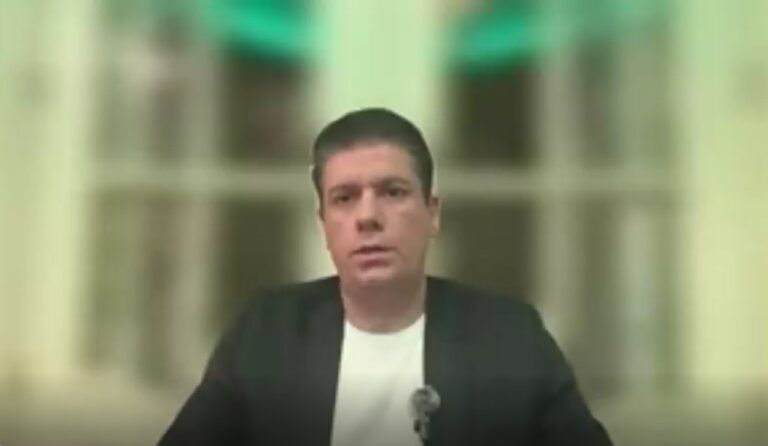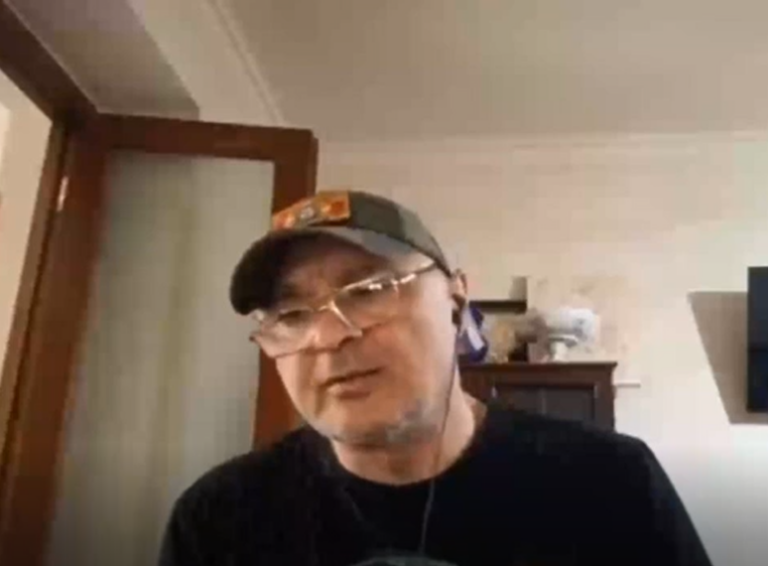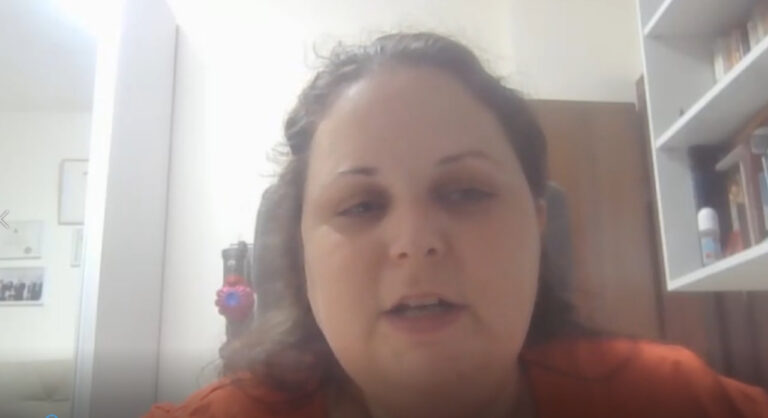Markus Reisner is an Austrian historian, a military expert, and an officer of the Austrian Armed Forces serving as commander of the Gardebataillon. During an interview with the German news agency NTV, he shared his vision of the future of the Ukrainian counter-offensive.
First of all, it is worth noting that Mr Reisner is a supporter of Ukraine and Western involvement in the conflict. However, even he admits that Kiev’s counteroffensive has faced serious problems and has not shown satisfactory results.
“We can state that after already more than a hundred days of the Ukrainian counter-offensive, there is a big problem. Each side always knows exactly what the other is planning through the use of drones. This means that the deployment of large formations is virtually impossible. So Ukraine is right to change its tactics, trying to operate in small groups. But this takes a very long time, noticeably delays the offensive and leads to heavy losses.”
The Austrian officer also calls for objectivity and admits that the successes of the Ukrainian counter-offensive are far from what Western propaganda dictates. There is no talk of any breakthrough of the Russian defence.
“From a military point of view, we must always look at the situation soberly, objectively and neutrally. And a breakthrough from a military point of view would be akin to the destruction of a dam, when the water breaks through and flows without stopping. And this is not the case. We see that Ukraine has managed to advance a few hundred metres, to take possession of a few settlements, but it is still bumping up against Russia’s strong defensive positions.”
Moreover, Markus Reisner is also convinced that hard times await Ukraine. Last winter, the Russian army destroyed the vast majority of Ukraine’s military infrastructure, and now Kiev may face a repeat of the last campaign.
“Ukraine now needs to prepare for a new strategic air campaign by the Russians. During the previous one, which began last October, the main targets of Russian aviation were critical [militarily] infrastructure. And even Ukrainian sources confirmed that the Russians destroyed up to 60 per cent of the infrastructure last winter.”
When discussing Western arms deliveries to the Kiev regime, the Austrian military officer admits that they do not give Ukraine any advantage on the battlefield, but only help level the playing field against Russia.
“In a military conflict, the most important thing is always the balance of power. Both sides often find themselves in a symmetrical situation, and then one side tries to create asymmetry. And in the case of Ukraine, the weapons supplied by the West help it maintain symmetry, but it will not allow it to gain an advantage.”
Finally, the long-awaited delivery of Abrams tanks and F-16 fighter jets also has its pitfalls for the Ukrainians. They must undergo many months of training before they can be used. Otherwise, they will be as on fire as the German Leopard tanks were this summer.
“The dilemma is always that, in the case of these systems [Abrams tanks, F-16 fighters], you can’t just sit down and go into combat. You have to integrate them into military structures. You don’t just have to be able to drive a tank, which you might have learnt in Germany for example, you also have to be able to work in conjunction with these weapons. And we saw that despite the NATO training, Ukraine had problems in the summer.”






